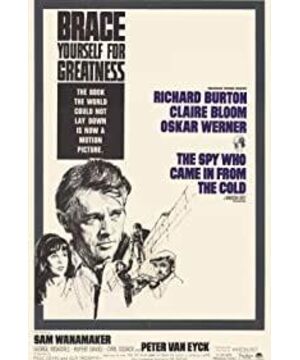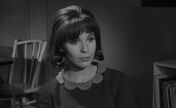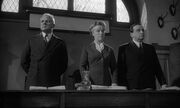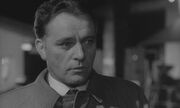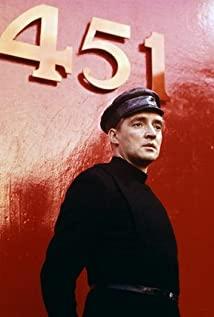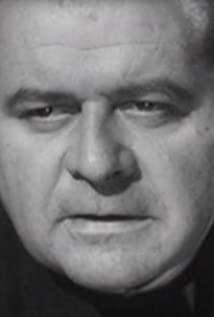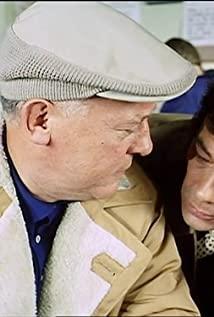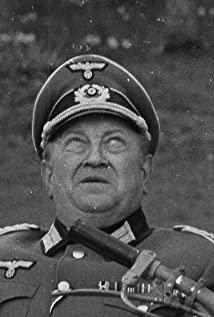The Chinese translation of "The spy who came in from the cold" is "Berlin Spy", and it is also translated as "Spy Soul of the Cold War". The latter of these two translations is obviously more able to reflect the meaning of the original English name. However, after watching this film, I feel that neither of them can well reflect the rich connotation of the title "cold". The film describes Alec Leamas (Richard Burton), the head of the British spy agency's Berlin team during the Cold War, who maintains a distance (cold) from doctrine and ideals, and is full of contempt for work and service institutions (cold), and has a deep sense of social and How a professional spy who lost his enthusiasm in the future became the victim of a secret rivalry between the East and West camps. It seems that it is really difficult to accurately describe such a Spy from the cold in a few short Chinese characters.
The charm of the characters, different cultures obviously have their own irreplaceable beauty. .
The nearly two hours of gloom and solemnity deliberately created by the film's director Martin Ritt did not make the audience feel dull, but shocked. Of course, that kind of shock also brings you a heavy weight, so heavy that you want to ask yourself: will this world be okay?
The film's protagonist Alec Leamas/Richard Burton's Irish-style dialogue is full of cynical distaste for his society, and the witty and poignant cynicism is another attraction of the film. If Hollywood and traditional Western spy movies like 007 appeal to the audience's senses, this almost gloomy spy movie with no fight scenes appeals to the audience's unshakable conscience.
"The spy who came in from the cold" came out in 1965, just in time for James Bond's golden age. The world of Alec Leamans, the protagonist of the film, has no James Bond superficiality, 007 is full of loveless sex, and even the complex and sinister world of espionage is romanticized and simple. In the world of Alec Leamas, love is real emotion, and real emotion may bring actual disaster to everyone. At the same time, in the world of Alec Leamas, justice may not win, not to mention that Alec Leamas is almost a defeatist hero to be played by the so-called defenders of the values and morals of the Western world. Director Martin Ritt was able to go against the Hollywood tradition and challenge all the Western values at that time in a way that was almost self-destructive in his career. The courage to be loyal to his own ideals cannot but make me tearful 40 years later.
The music of the film is as cold and restrained as the tone of the film, and the piano music at the beginning of the film is beautiful but contains a kind of unease. Maybe a quote from someone here: Anything good is disturbing. There is a very interesting scene in the strip bar scene where Alec Leamas and the East German spies meet, when the smoky tavern people of all kinds are concentrating on the writhing of the stripper, while the protagonist in the trench coat is carrying half a bottle Whiskey, his face disappeared grimly, leaving only the naked mosaic of the stripper girl in the shot. The music at this time is almost a copy of the 007 theme music. If the copy is too arbitrary, then the similarity with the 007 music is definitely not too much. When I saw that scene, I thought it must be a vocal mockery of director Martin Ritt's own world.
The touching scene is when Alec Leamas is about to climb over the Berlin Wall at the end of the film, when he sees his lover being shot and killed by the British spy agency he serves, when his eyes are fixed on working with him but not at the same time. When he betrayed his partner, he resolutely rejected the world that betrayed his personal conscience and morality, chose death, and ended his life with the woman he loves in the messy gunfire. Isn't this the director's attitude towards him? The silent indictment of the world?
This kind of ridicule and accusation is the confession of a real hero. A hero may be a silent looser who is played by the social system, but a hero is definitely not a coward who bows to his knees, nor is he a slave who sells his soul for the so-called fame and fortune. !
On the brink of life and death, the hero chooses only his own conscience and morality.
View more about The Spy Who Came in from the Cold reviews


